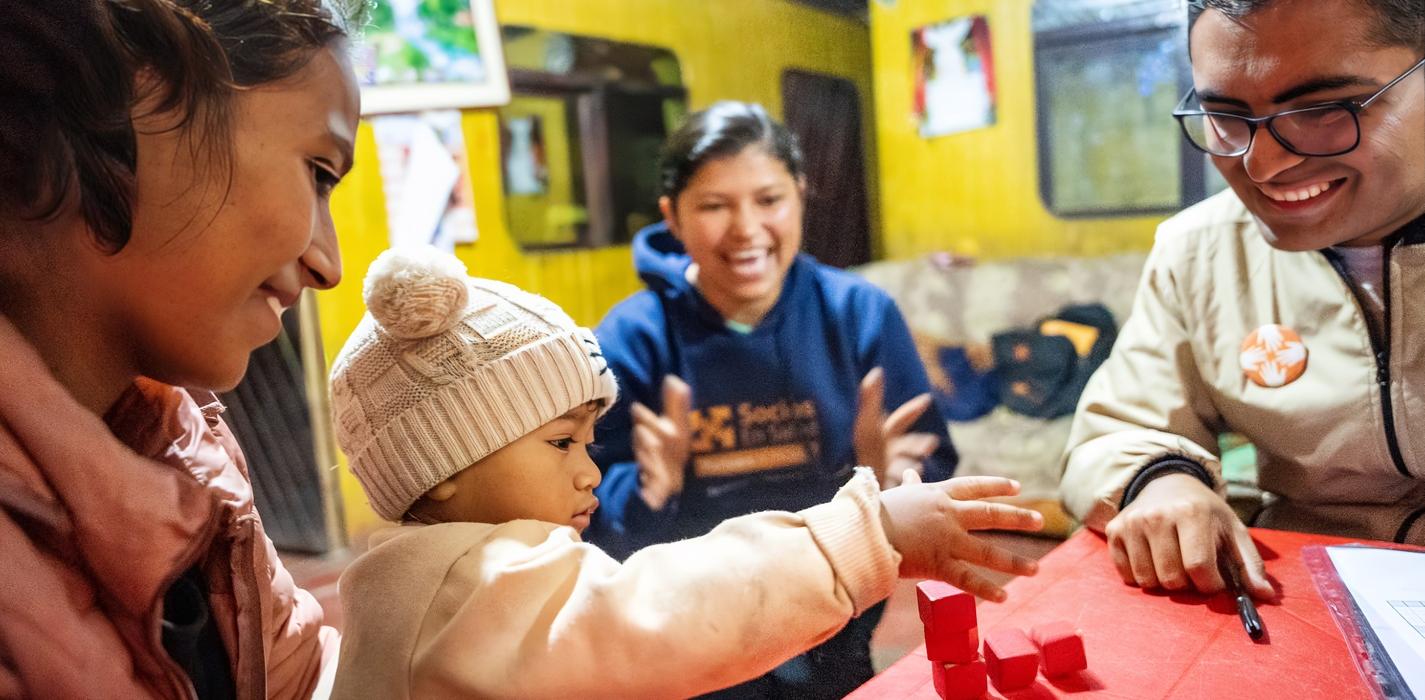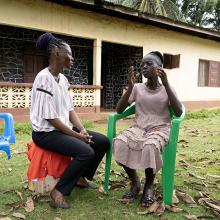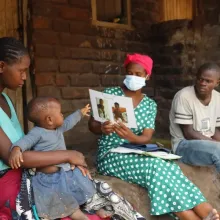Community Health Workers

Community health workers (CHWs) are the eyes, ears, and connective tissue of Partners In Health everywhere we go.
Our Impact
That accompaniment happens in homes and in hospitals, in community centers and in clinics—wherever patients are, community health workers are by their side, or just a phone call away
-
12,000+PIH-supported CHWs
across 11 countries
-
3.1Million
outpatient visits
-
847,500Home visits
our CHWs made in 2023
Around the world, our 12,000 community health workers—roughly two-thirds of our total staff— visit patients at home, assess their health, and link them as needed with clinics and hospitals.
Because they live in the communities they serve and are often selected by communities themselves, CHWs are better able than facility-based clinicians to understand and respond to the obstacles facing their neighbors.
Well-trained and compensated community health workers also provide the front-line epidemiological surveillance that’s essential to preventing pandemics.
We hire and train community health workers to help patients overcome obstacles to health care.
People who live in poor, remote places face considerable obstacles receiving health care. The high cost of treatment and transportation, the time required to travel to the nearest health facilities, and the stigma associated with disease often make it difficult for patients to access necessary services. For people living with chronic diseases like HIV and TB, these challenges make it hard to reliably access the medications they need to survive. For expecting and new mothers, these barriers often prevent pre- and post-natal checkups, important for the health of both the mother and child. The relationships these patients build with CHWs — over days, weeks, months, and often many years – provide invaluable inspiration and support on their path to better health.
There is still life with HIV
Mabel Koroma discovered she was living with HIV during a routine prenatal visit to a PIH-supported clinic in Kono, Sierra Leone. She started antiretroviral treatment to protect herself and her family.
Now, she is a supervisor of community health workers who accompany patients living with HIV and serves as a source of inspiration and hope for those she meets.



